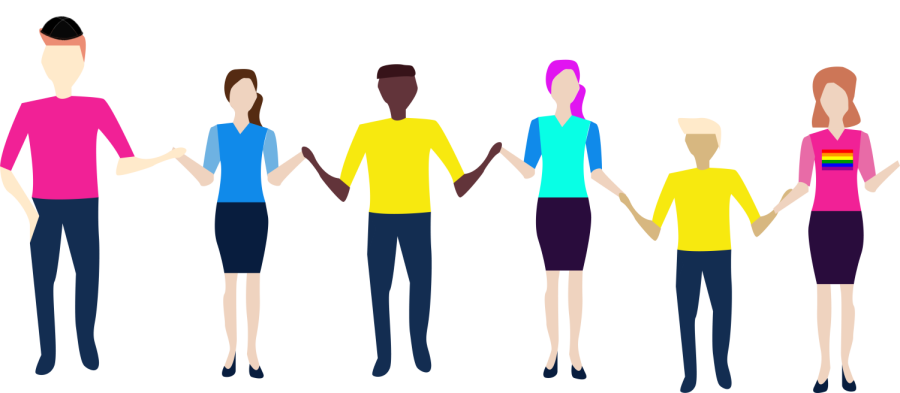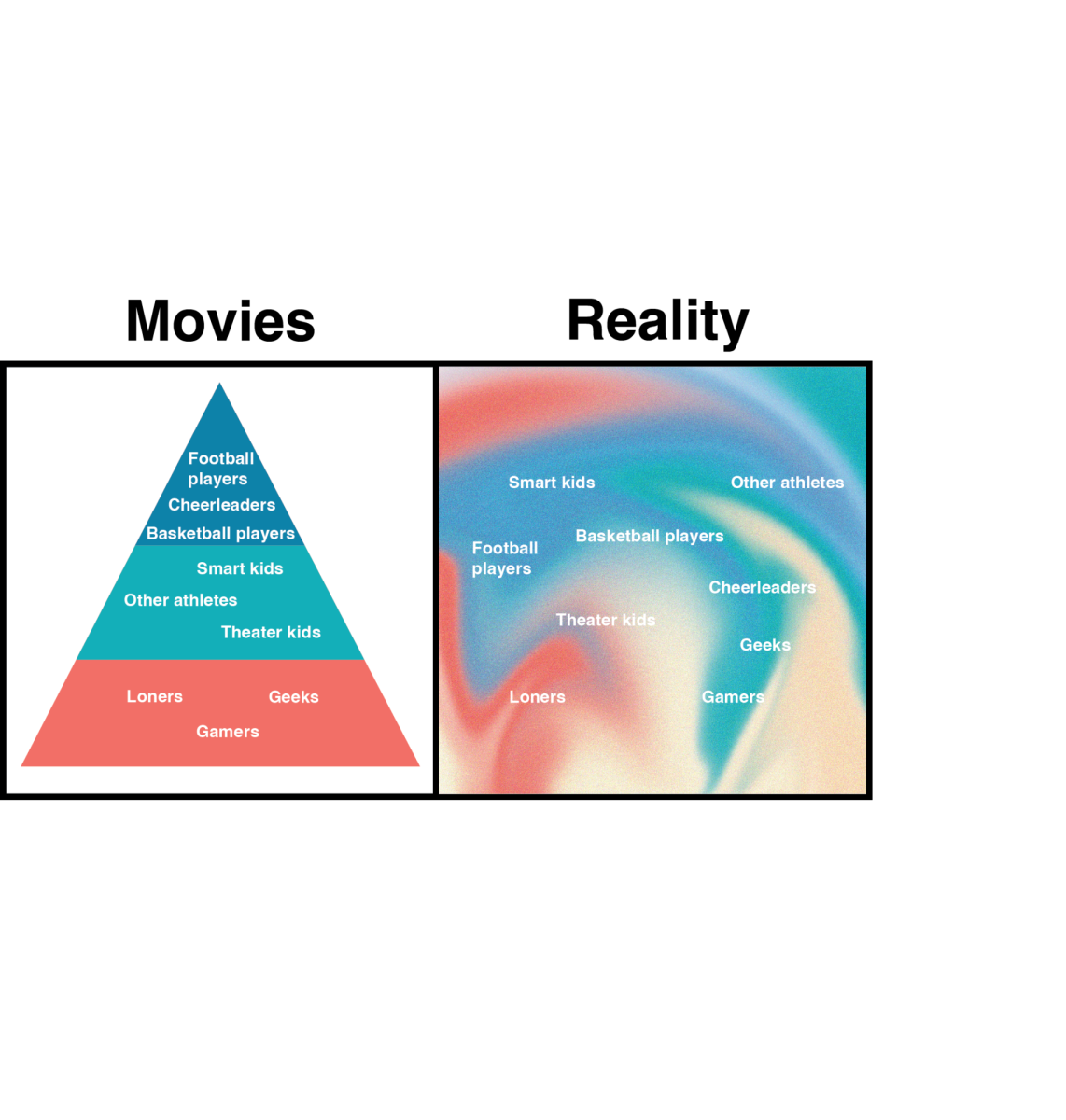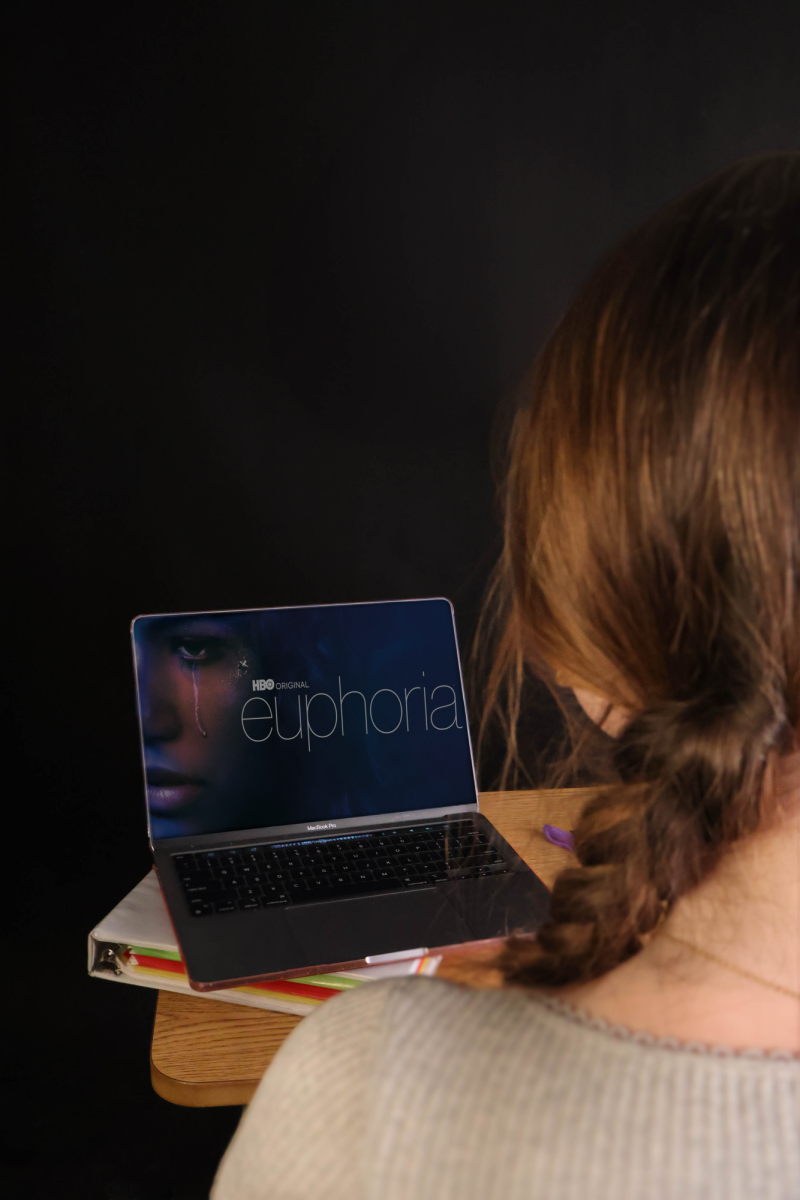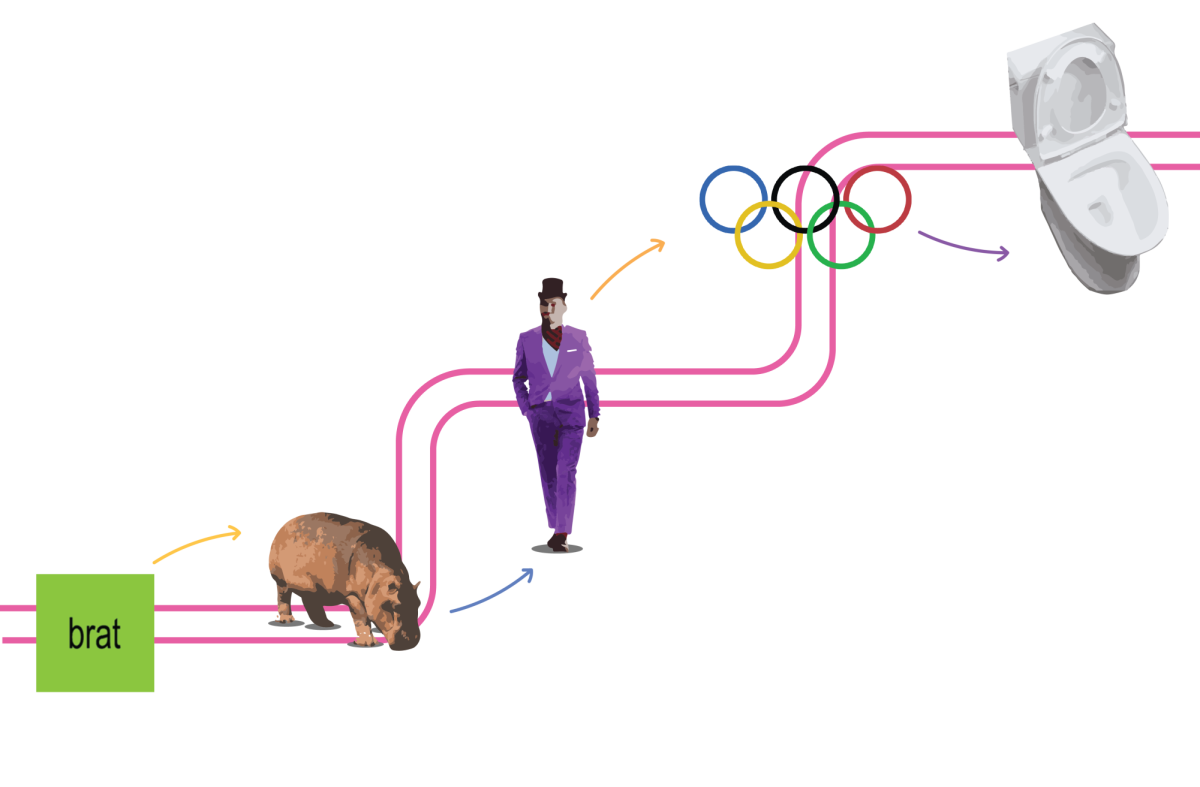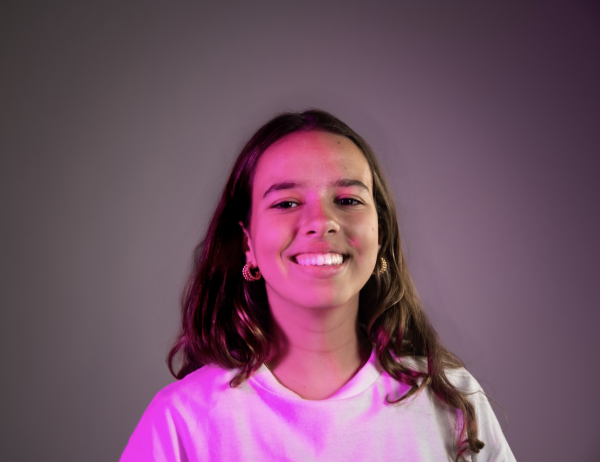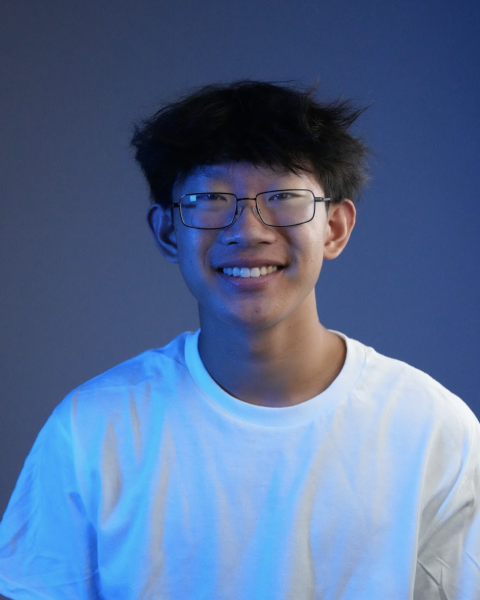In today’s society, hints of progressiveness from Gen Z are seen all throughout. Through TV shows including characters dealing with mental health, toys that include different genders and races, social movements that advocate for new policies…Gen Z is much more obvious with its open-mindedness than generations before.
Gen Z, including those born in 1996 – 2012, is known for its acceptance of all ethnicities, affiliations and especially mental health. This open-mindedness is one of the key features of this generation.
“Each generation is evolving as we as a society evolves,” registered mental health counselor Katherine Deery says. “Millennial beliefs trickled down to Gen Z, which made them even more seeing and feeling. Gen Z has really taken the torch and ran with it a lot farther than the generations before.”
In the past 15 years, this generation has faced several mass events like mass shootings, abortion laws, increasing danger of climate change, and COVID-19, which have led to an empathetic approach and open mindedness.
“The world has gone through a lot since Gen Z has arrived on the scene, and that’s a lot to process at a young age,” Deery says. ” I think that it is super anxiety-inducing and traumatic for a generation that has grown up with a lot of big events on the news.”
Unlike generations in the past, Gen Z has access to the world in real-time, at the touch of a button. Social media and the internet allow this generation to be more influenced than any generation before as Gen Zers were born during the rise of technology. According to school counselor Rylan Smith, the large exposure this generation faces is something no other generation has had to deal with.
“I was definitely sheltered and there was a whole world out there that we didn’t really know about until we got older,” Smith said. “I think your world has always been huge, whereas my world was not very big until I left for college and even then it was, you know, somewhat limited.”
This enormous and accessible social media world tends to be linked to the negative sides of mental health, especially in teenagers. However, Deery argues that social media has been the main cause of Gen Z’s open-mindedness and willingness to speak about tough topics revolving around mental health.
“There’s definitely an innate desire for us as human beings to connect and to feel like we belong and when people share more about mental health it does create an atmosphere of connection and belongingness,” Deery says. “Exposure leads to more influence, which leads to more people reflecting and introspecting on their own experiences.”
Social media allows for youth to reach out and connect with others that might be experiencing the same situation. This connectivity can be beneficial when it comes to mental health and not feeling alone.
“The increased connectivity of youth, whether that be through social media, or just being able to pick up your phone and call someone, creates an open dialogue space where people feel safer to share their mental health needs,” Maniar said. “I think that we are more accepting of mental health as Gen Zers in general because we are all educated on it.”
According to a report released by the American Psychiatric Association in 2019, Gen Z is more likely to receive treatment or have gone to therapy compared to other generations.
“I’ve seen students be more willing to bring their friends by and their friends more willing to come by when they need help,” Smith said. “People are more willing to share that they see a therapist and just be more open to your peers.”
Social media and its effect on mental health is just one of the issues advocated by Gen Z. Diversity, equity and inclusion, a hot topic in today’s political and educational climate, is also at the forefront of what Gen Z hopes to see in the future.
“I think that we are getting to the point now, where diversity doesn’t necessarily have to be something that we’re always consistently and constantly thinking about,” Maniar said. “I hope that we get to a point where everyone can acknowledge the fact that diversity and inclusion is not something new and radical and progressive, rather it is something that is taught from an early age, like normal learning and practice.”




